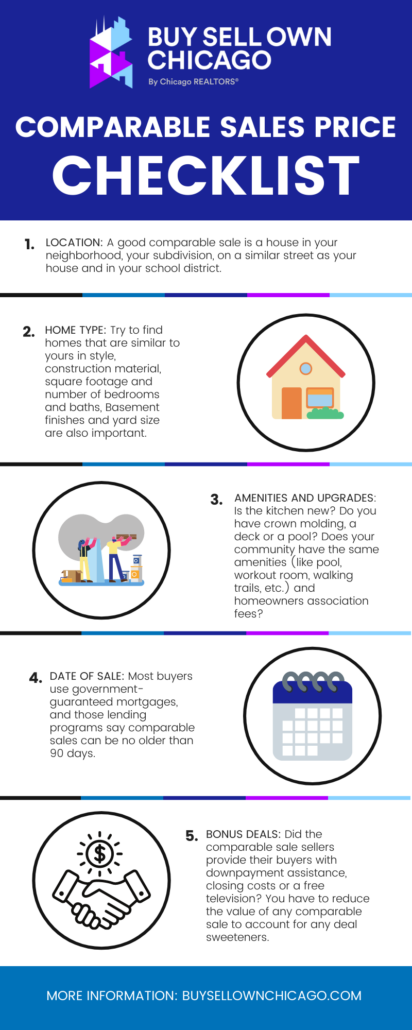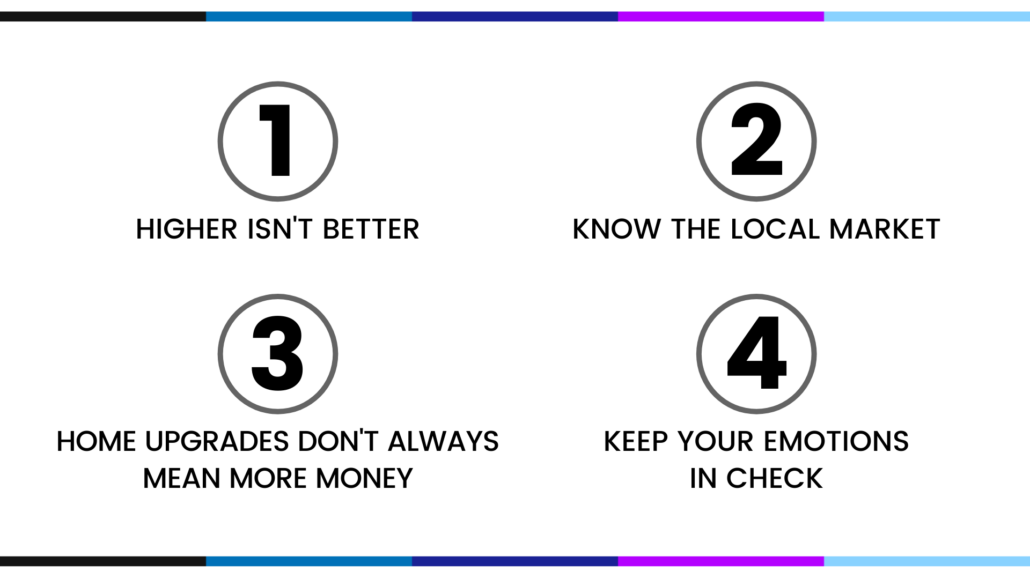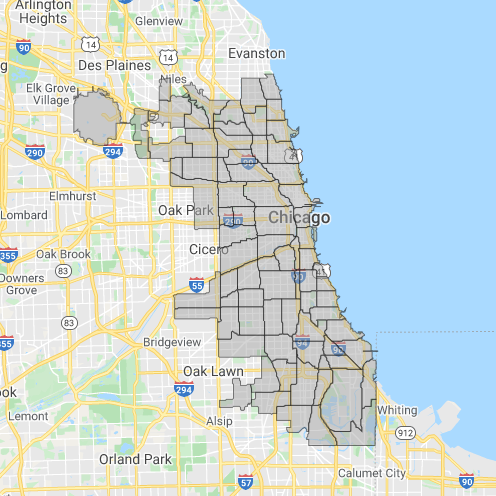The Home Renovations That Will Bring You Joy – & ROI
Whether you’re doing a home renovation for your own pleasure, to update your space or to fix something that’s broken, home projects are always in demand. We’re breaking down the projects that bring the most joy to homeowners, and the ones that will make you the most money when you’re ready to sell.
Home Projects That Bring the Most Joy
Certain projects make you want to stay at home more, increase the enjoyment of your home or simply make a homeowner happy. According to the National Association of REALTORS® (NAR) and the National Association of the Remodeling Industry(NARI), these are the projects that bring the most joy for homeowners:
- Painting your home’s interior, either just a room or the entire home
- Adding a home office
- Refinishing hardwood floors
- Closet renovations
- Insulation upgrades
Renovations With the Highest Cost Recovery
When it comes to choosing a project for your home, there are some renovations that will have a bigger pay off in the long run compared to others. Here are the home renovations NAR and NARI say you will recover the cost of the project when selling your home.
- Refinishing Hardwood Floors
On average, this project costs about $3,400, and $5,000 is the estimated cost recovery, making it a 147% cost recovery. - New Wood Flooring
Typically, new wood floors cost $5,500, and $6,500 can be recovered, a 118% cost recovery. - Insulation Upgrade
On average, this project costs about $2,500, and $2,500 is the estimated cost recovery, making it a 100% cost recovery. - New Roofing
Typically, new roofing cost $12,000, and $12,000 can be recovered, a 100% cost recovery. - New Garage Door
Typically, a new garage door cost $2,000, and $2,000 can be recovered, a 100% cost recovery.








